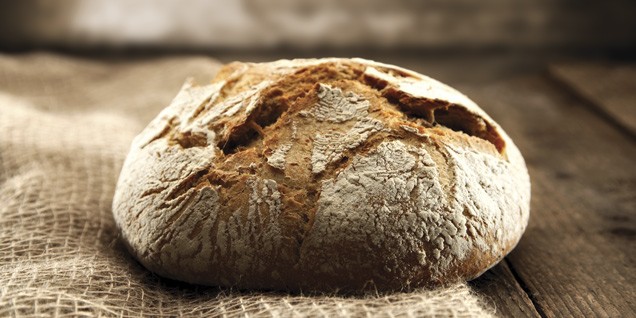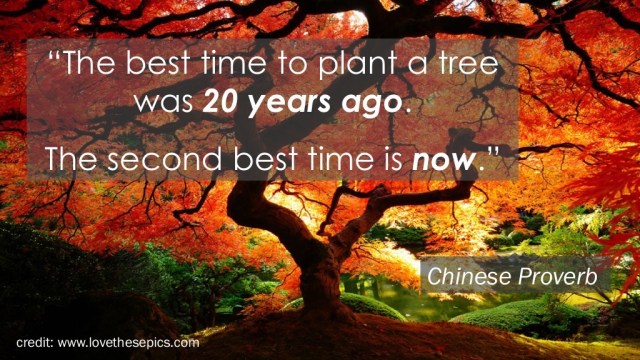Fair warning… it’s about to get really open and vulnerable in here. :)
My Heavenly Father continues to bless me abundantly through the 90-day program I’m currently doing (check out arpsupport.org). This program includes my sharing my journal entries with my sponsor every night. It helps me practice accountability, honesty, and vulnerability, in addition to helping me establish healthy habits of daily self-assessment and “checking in” with Heavenly Father.
I wrote the following in my journal on 6 Mar 2014:
“Isla got up at who knows when this morning and woke me up at 6:20, which is progress for her. We’ve been training her to sleep till the sun ‘wakes up,’ but the poor kid has a hard time discerning when that happens because of nearby construction lights. We give her some chocolate milk with breakfast when she gets up with the sun. This morning we went downstairs and she said disappointingly, ‘I guess I can have some milk?’ I told her, ‘Yes, of course! Don’t you want chocolate milk? You waited till the sun woke up.’ She looked at me and said, ‘Daddy, no. Look,’ and she walked over to the window, opened the blinds, pointed at the construction lights, and said, ‘It’s not light outside yet, Daddy.’ I stifled my laughter and told her she did a good job waiting longer today and she thought it was light outside, so she could have some chocolate milk for doing her best. She smiled and excitedly accepted, haha.”
In response, my sponsor posed this question to me: “I think there is a lesson in your little girl’s early wake-up experience. How is her reaction to you as her father—her questions, her concern that she wouldn’t get the blessing of chocolate milk—similar to your experience with Heavenly Father? Put yourself in your daughter’s shoes.”
Once he pointed out the potential similarity, I began to see it intellectually; but I did not feel it. I could not understand how God could feel toward me what I felt toward Isla that morning. Yes, Isla is my daughter and I am one of God’s children. Yes, He has shown me mercy when I did not deserve it (isn’t that why it’s called mercy?), but I thought this experience with Isla was different. She was doing the best she could. I couldn’t fault her or be disappointed in her for that. But me? I’m an addict. I’ve relapsed countless times after sincerely repenting. Surely there’s no similarity between the two beyond the father-child relationship.
I needed almost a week of frequent and deliberate pondering to see the similarities between the two relationships—mine and Isla’s, and mine and God’s. I received my answer from my Heavenly Father while doing my step work on the morning of 13 Mar 2014:
“Q: How does the Savior’s infinite Atonement increase your hope for repentance and healing as you go through the recovery process?
A: Its in-finiteness has become appealing to me because I can trust that it doesn’t run out. I can trust that I don’t have a limited number of chances for repentance, and I’m certain I’m going to need many, many more chances for repentance and learning. I’m not perfect yet, so I’m going to need more chances for healing from my sins and mistakes. The people I love will also need healing from my choices. I feel hopeful knowing that there’s no limit to that miracle.
Q: How does this apply to other aspects of your life? How is this comforting and reassuring to you?
A: I think it means that failure is okay. I can stumble and fall while I’m learning. I think that’s a part of learning. It must be, otherwise I don’t think Father in Heaven would’ve sent me to a fallen world. I need to live in a fallen world in order to learn that God will always be there for me when I fall and not just when I make the right choices. This is comforting. I’ve feared failure for as long as I can remember. I fear it because I don’t want to disappoint others. I [now] believe that my failures don’t disappoint God; instead, He empathizes with me when I fail. Perhaps He loves me even more when I fail, like the love I feel for my daughter when she’s doing the best she can. In those moments I feel proudest of her.
I think this relates to what happened and how I felt the other morning when Isla honestly thought she had waited to wake me till the sun came up. She was sad because she felt she had disappointed me, when in reality I was feeling a surge of love and understanding for her. I felt proud of her sincere efforts to do what she, her mother, and I had been working on together. Her sincerity and actions merited my praise, not my disappointment. Perhaps my Heavenly Father feels this way about me when I sincerely approach Him and fall short of perfection.”
I believe this principle to be true. I felt it when I learned it in that moment of prayerful study, and I’ve felt it multiple times since then.
I just can’t get over how much He loves me—how much He loves all His children. There’s no end to that. There’s no limit to His mercy. Isn’t that amazing? His love doesn’t run out after one-too-many (or five-hundred-too-many) relapses or angry outbursts or failed attempts at recovery. No, now I believe that He loves me best when I falter. He mourns with me when I struggle. And He forgives me time and time again when I approach Him with full purpose of heart, hiding nothing from Him, and being willing to do anything He asks of me. I’m learning that sincerity means a great deal to God, especially when we fail while sincerely approaching Him.
The prophet Zenos wrote the following, which captures well the thoughts and feelings of my heart:
“And thou didst hear me because of mine afflictions and my sincerity; and it is because of thy Son that thou hast been thus merciful unto me, therefore I will cry unto thee in all mine afflictions, for in thee is my joy; for thou hast turned thy judgments away from me, because of thy Son” (The Book of Mormon, Alma 33:11).






